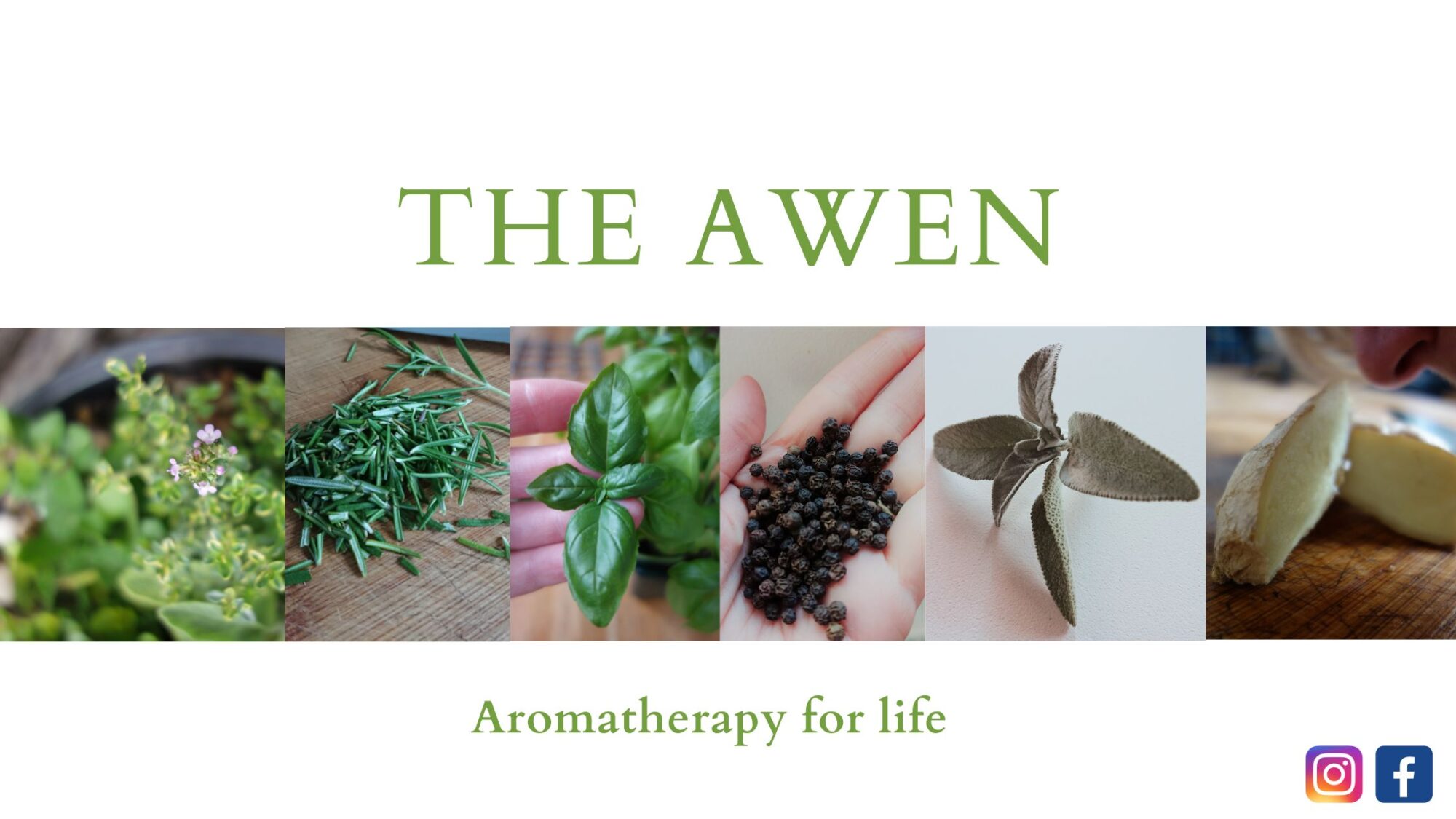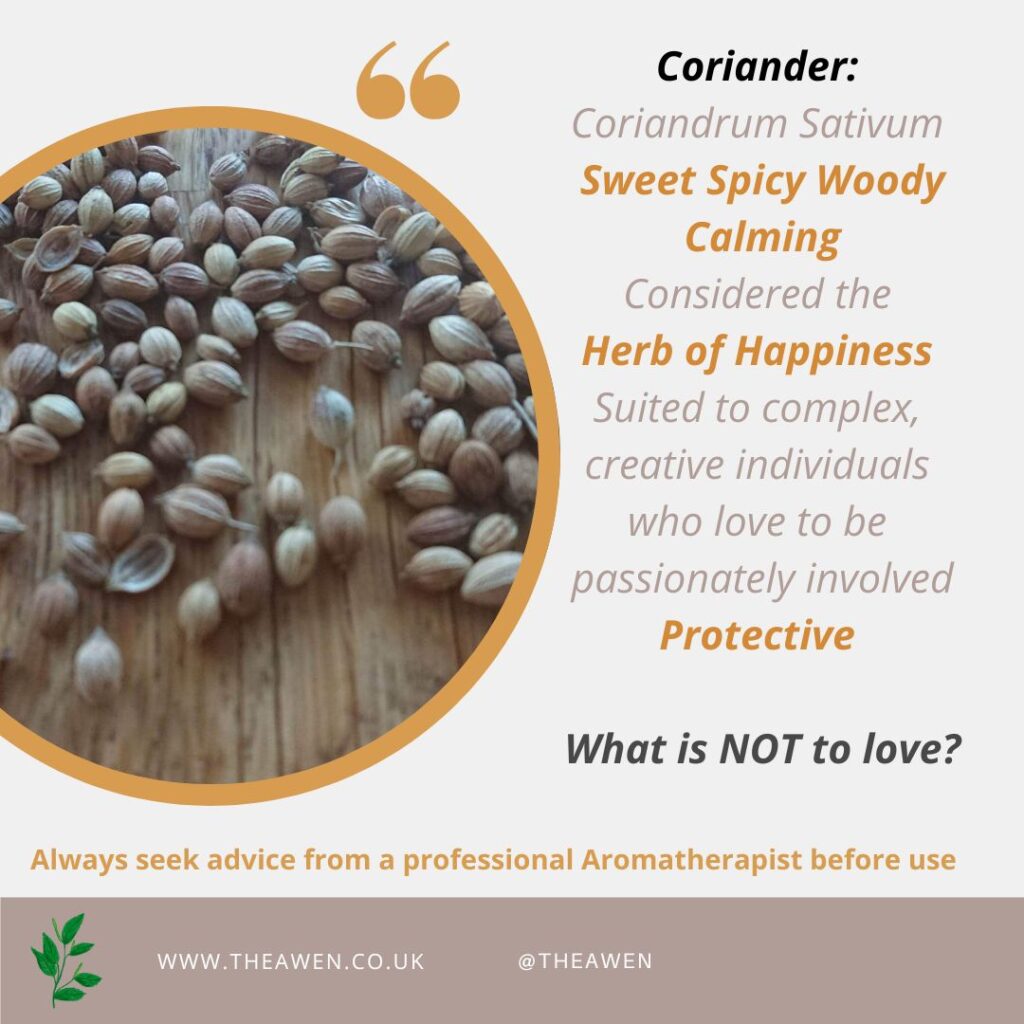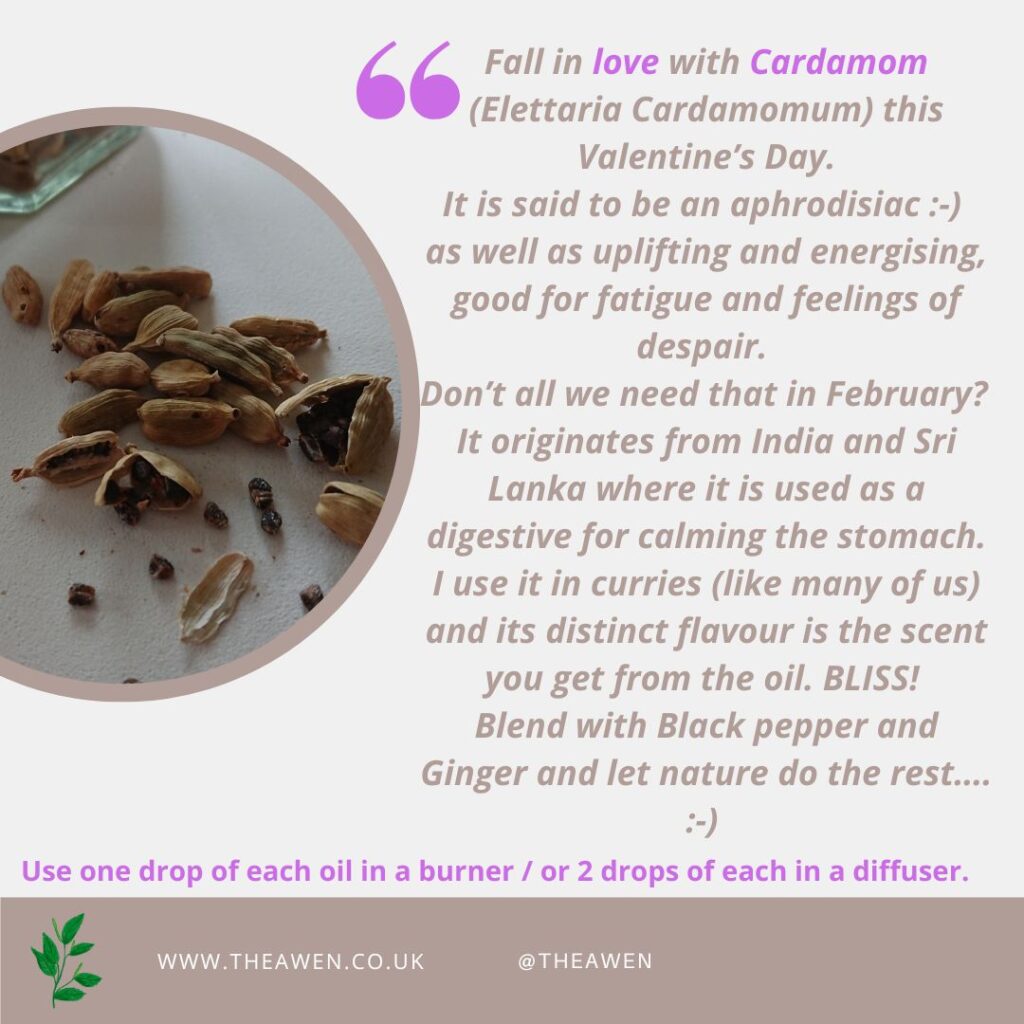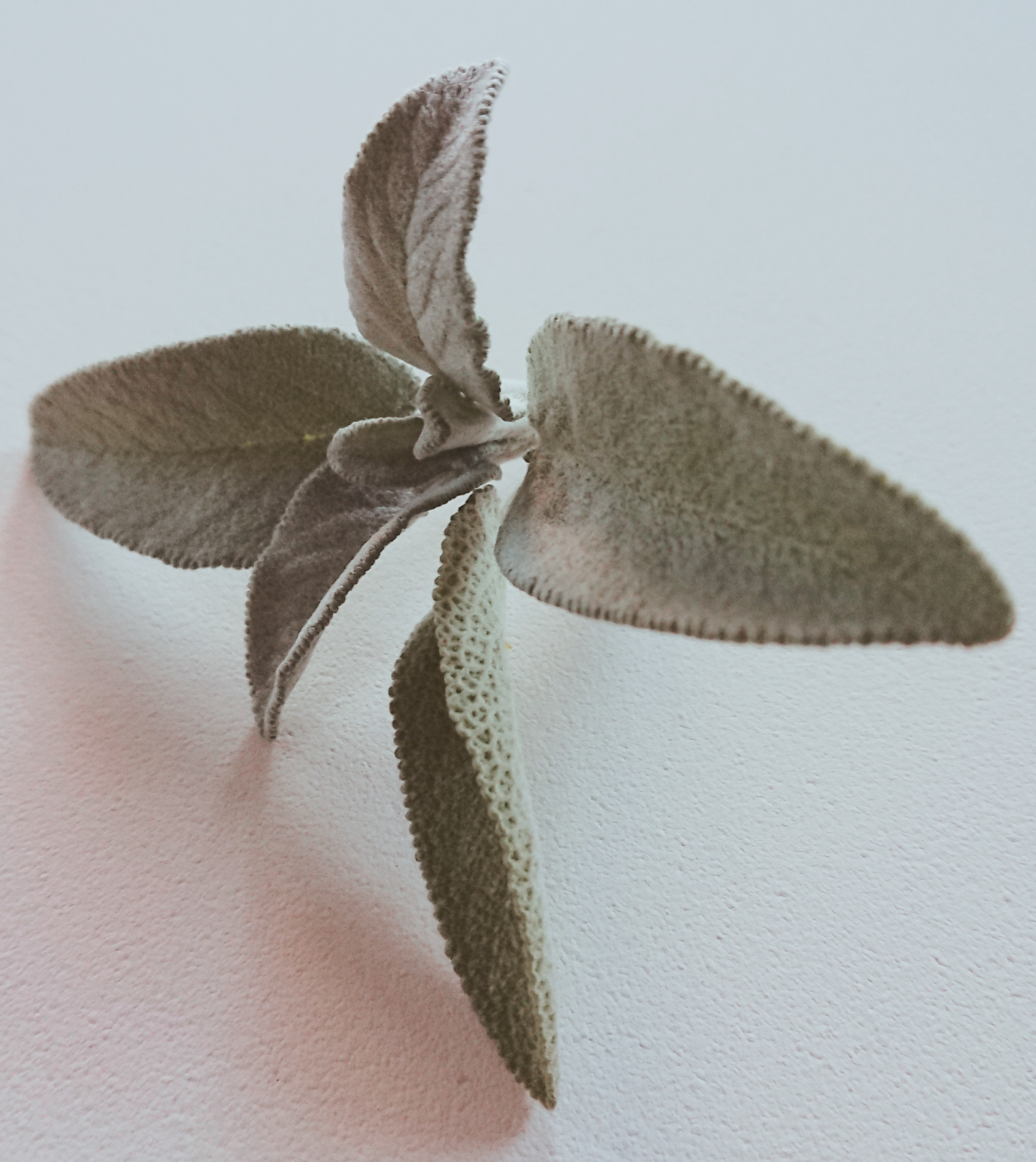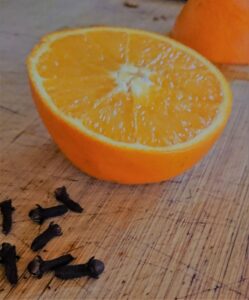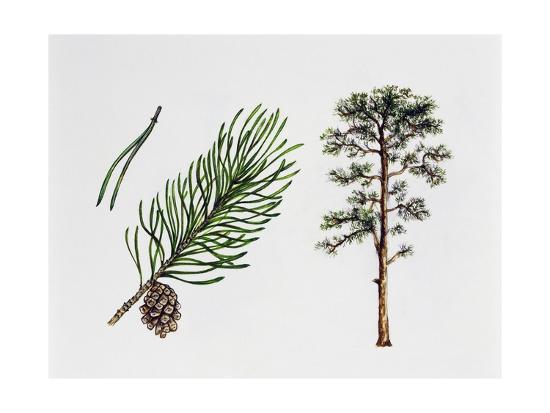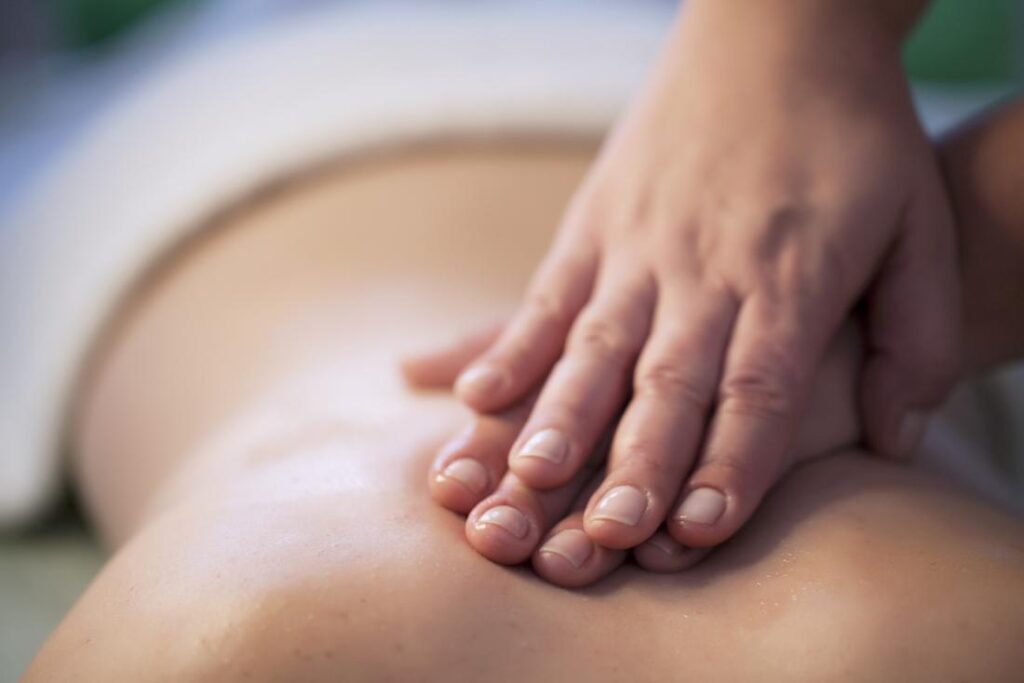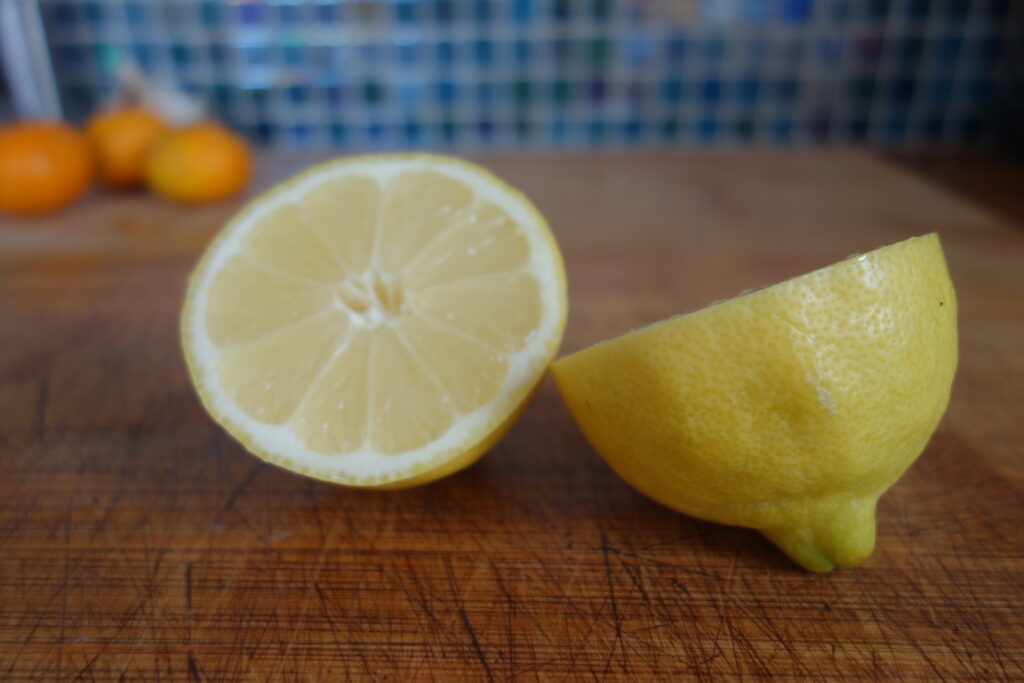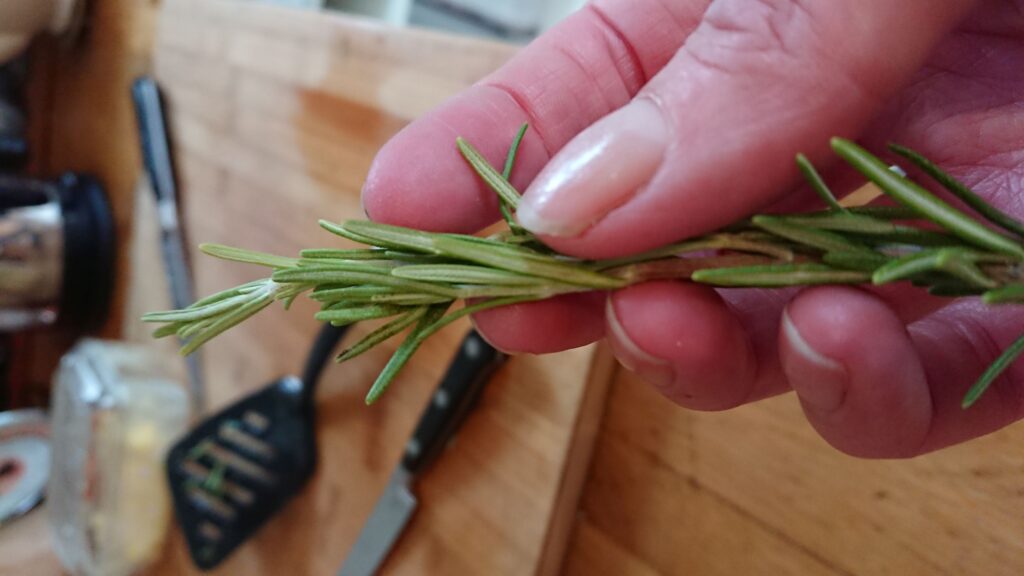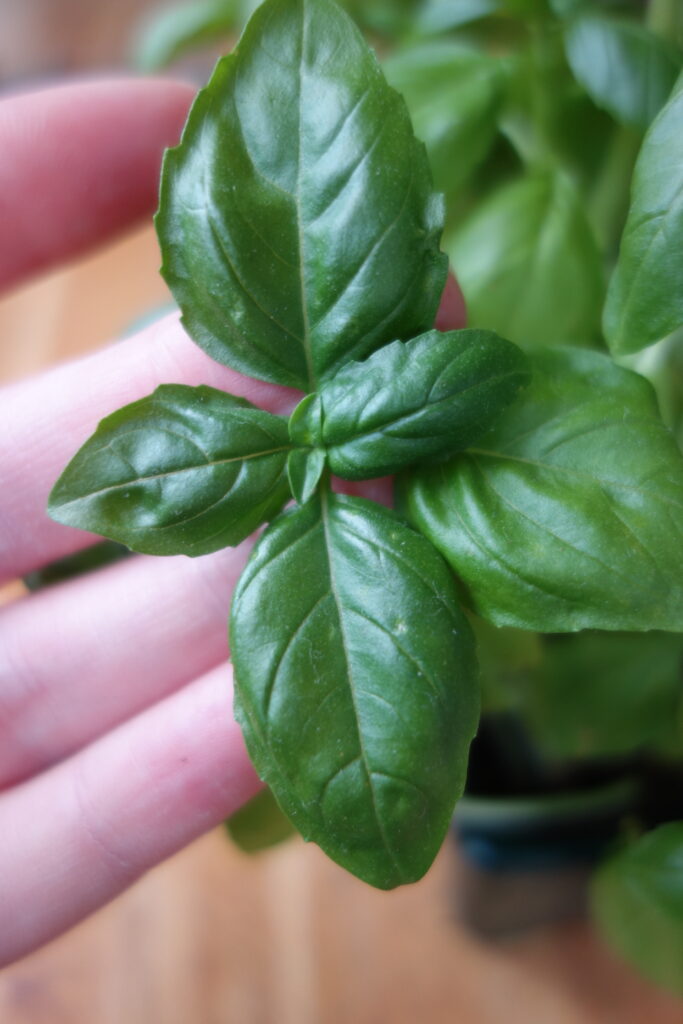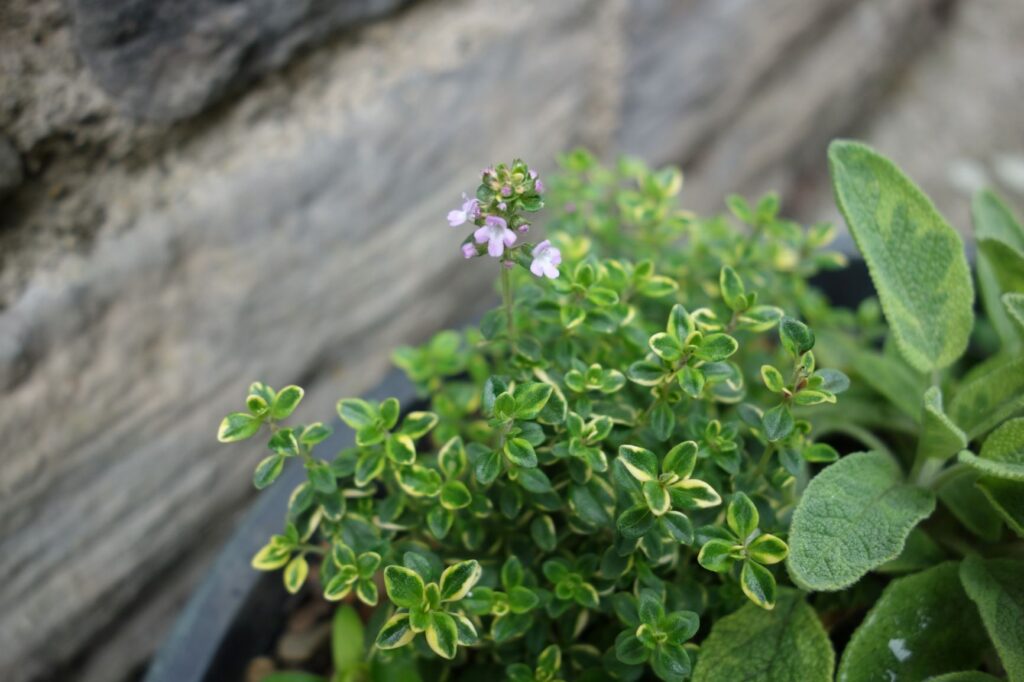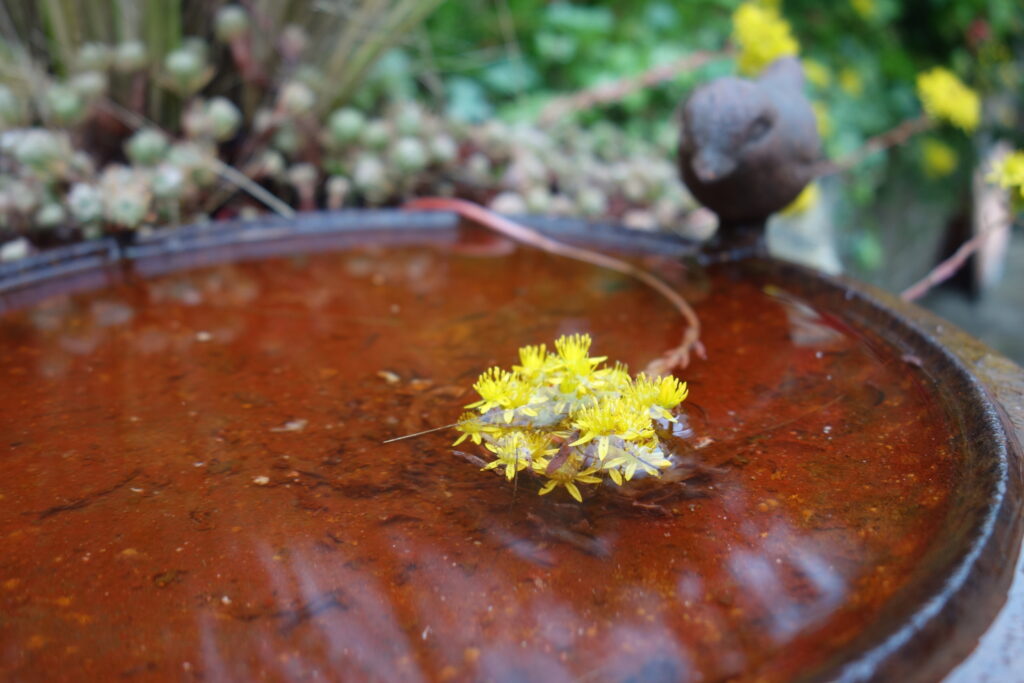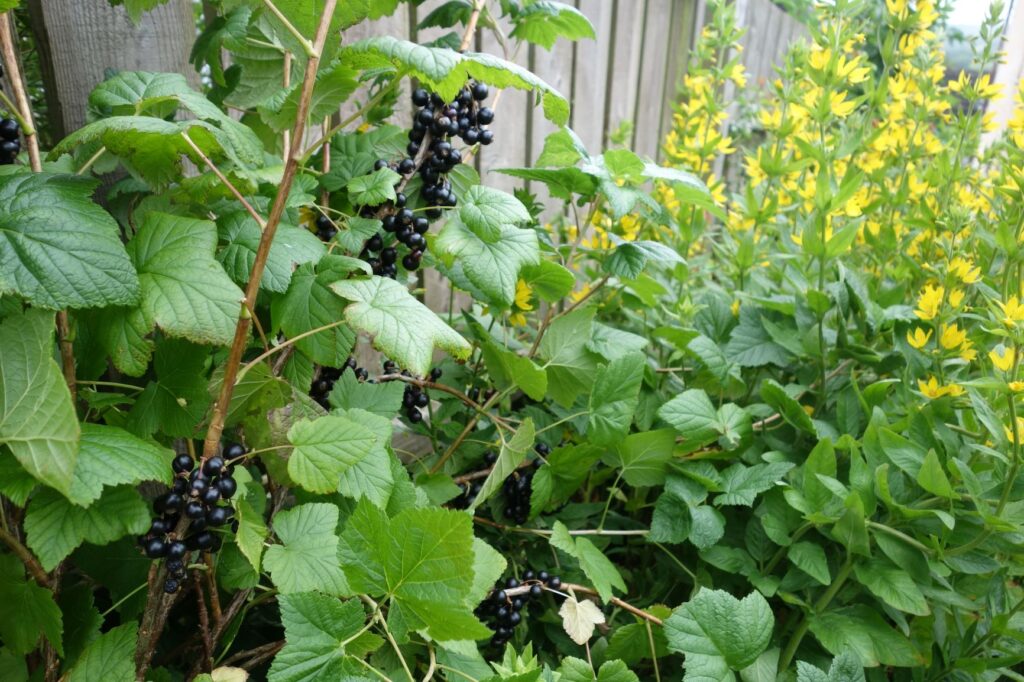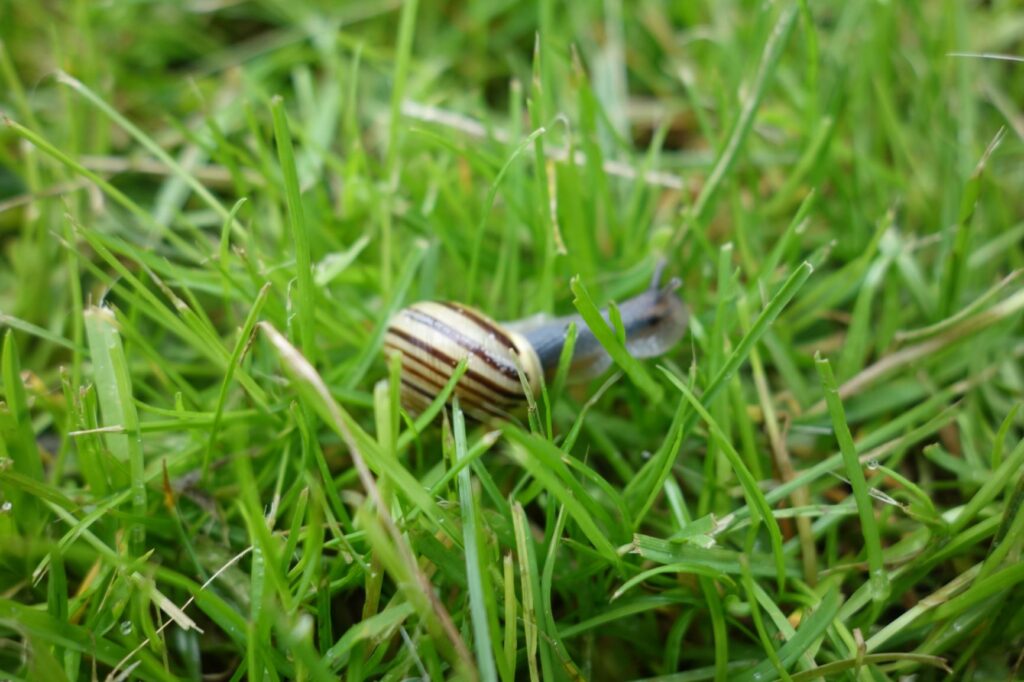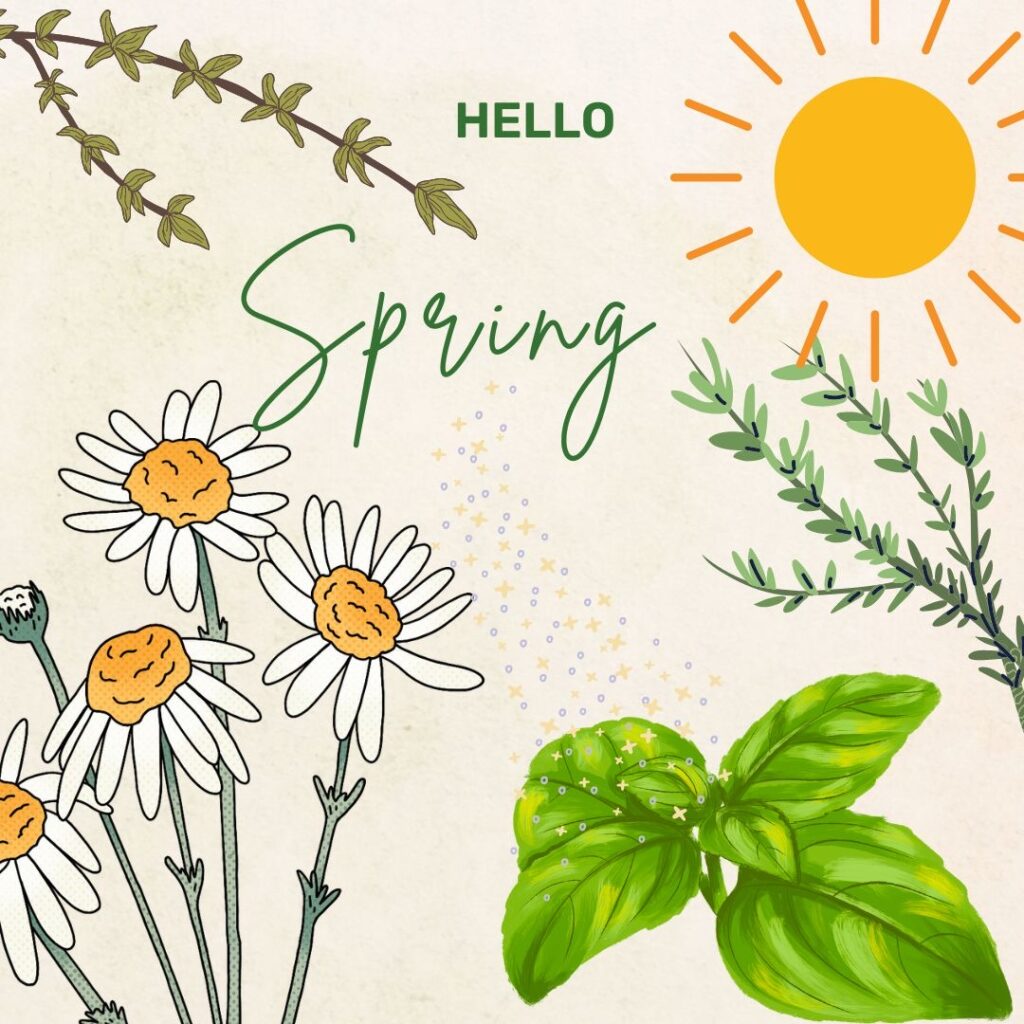
It might not feel like Spring yet so here are some oils to help you capture those seasonal aromas and give your mind and body a Spring clean in the process!
I have a vision of creating a beautiful herb garden, one which I potter around in, snipping sprigs of fresh herbs for alfresco dining, wearing an organic cotton apron, basking in herbaceous aromas in the sunshine. The reality was sewing a variety of herbs into plastic pots in between rain showers and hoping the early morning April frosts would not kill them! I potted cress too and the good news is this blooming already. Does anyone remember growing cress at school, bringing it home and sprinkling it on everything and anything? I can taste the peppery flavours now and it’s the perfect companion to egg mayonnaise.
As I was lovingly sewing my seeds and chalking the slate plant markers – a birthday gift from my husband – wishing it was sunnier and warmer, my mind turned to the oils of some of these incredible plants. In particular, Basil, Chamomile, Rosemary and Thyme. Apart from being used in food and tea, as essentials oils, these are some of my favourites because of their wonderful and magical therapeutic benefits. I wanted to create a lovely herbaceous blend inside and what better way than to add a drop of each to my burner and inhale their collective power.
Basil (Ocimum basilicum) grown in India and North Africa but now cultivated in Mediterranean countries like Italy and France has a clean, warm and aromatic aroma. Good for digestion and inflammation of the respiratory system, it is also an aid to concentration as it helps focus and wake up the mind. I like to use it when I’m working on something, writing or researching as its stimulating properties help lift our spirits too and if I have a foggy head including a headache, Basil is my go-to oil.
Chamomile Roman (Chamaemelum nobile) is grown in this country as well as places like France and the USA. It is refreshing, rich and earthy and I love its bright, happy flowers reminding me of sunshine and a warm breeze. I have fond memories of drinking Chamomile tea made by my mum to help calm my nerves when I was in a play aged about 10. Mum made me the tea from the flowers and stems, infused in hot water, and I remember drinking this before performing to help calm and soothe. It’s perfect for stress, depression and anxiety calming heated emotions and worry. Also good for PMS, heavy or irregular periods. You can add a 1 drop to 5ml of carrier oil and rub into your abdomen. Or soak a flannel in warm water, add 1-2 drops of the oil and then lay this onto your tummy, and place a warm hot water bottle on top to help ease symptoms.
Rosemary (Rosmarinus officinalis) is one most of us will cultivate quite easily. Careful where you plant it though as it can become huge. Like Basil, Rosemary is a stimulant therefore good for headaches, fatigue and nervous exhaustion. Brought to the UK by the Romans, it was used in battle for courage but it is also highly antiseptic so useful for treating wounds. In folk medicine, it is associated with having a good memory and there has been recent research investigating this claim, particularly aiding our future memory. Future memory can be defined as ‘remembering to remember’, for example, remembering things such as taking medicine, buying your niece’s birthday card, getting the chicken out the freezer before you dash off to work. Research has found that Rosemary does improve our future memory, attributed to the chemical 1,8-cineole (also found in other oils such as Eucalyptus). So as well as smelling wonderful, Rosemary can have a powerful impact in our brains.
Finally, Thyme (Thymus vulgaris) another Mediterranean plant, sweet and herbal, also stimulates our digestive and circulatory systems, increasing blood flow so careful if you have low blood pressure as it can, potentially, raise your blood pressure. It is also good for our head, helping with stress and nerves, stimulating our minds and helping clear out a cold and catarrh.
All of these oils can give our bodies and minds a Spring clean – clearing, stimulating and uplifting. Gorgeous on their own but also combined, they offer us a taste of Spring, lifting our spirits and hopes for warmer, sunnier days in the garden.
Contraindications: please check with your doctor if you are using immunosuppressants, hrt, or have high or low blood pressure. Do not use in pregnancy.
